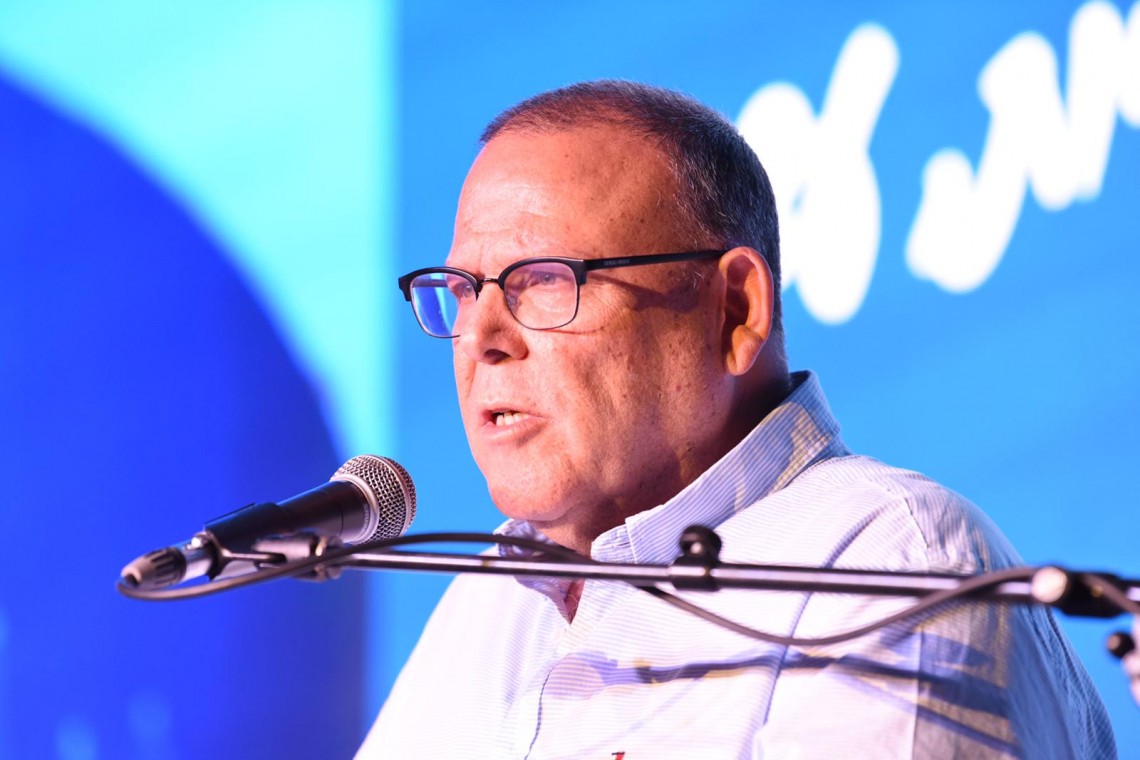Following the government's decision to extend the state of emergency until 14.10.2020, as well as the possibility that restrictions will be applied that will affect the public sector activity even in a later period to this date, the Director of Salary and Employment Agreement, Kobi Bar Natan, and the Histadrut Chairman, Arnon Bar-David, in coordination with the Chairman of the Federation of Local Authorities in Israel, Haim Bibas, reached agreements regarding the extension of the agreement that regulates the manner of employing public sector workers in an emergency format, until 15.11.2020.
This agreement will allow stability for the public sector's continued activity in the near future and maintain the required level of service while adhering to the restrictions. Furthermore, the agreement will assist in the early preparation of all employers to deal with the restrictions relevant to them.
The employers will work to increase the number of employed workers while changing the work arrangements to maintain the scope of service provided to the public and ensure compliance with the Ministry of Health's instructions. Among other things, the employers will be able to separate groups of workers and change the regular working hours to adapt to the restrictions of activity and in accordance with needs related to the operation of each body during the emergency period.
The workers who, despite the efforts, will not be able to be employed during the period of the agreement, following the various restrictions, will stay in a special arrangement period under the auspices of the employer and will be entitled to payment at the height of 70% of their salary. The employer will make provisions for the payment to the pension and study funds on the wage paid, as stated to maintain the continuity of the workers' rights.
